This week we had two new academic papers published online. The first paper was an education one ‘PhD Progress and Transfer Vivas at Universities in the United Kingdom‘ [1] and the second focused on ‘Knowledge, Attitude and Practices of Masters Level Students in the COVID-19 Pandemic‘ [2]. The first paper clearly states “Article History: Received: 10 Jan 2024; Revised: 17 Feb 2024; Accepted: 26 Feb 2024”, the online information for the second paper states: “Published 2024-12-31”, i.e. both are clearly identified as 2024 papers.
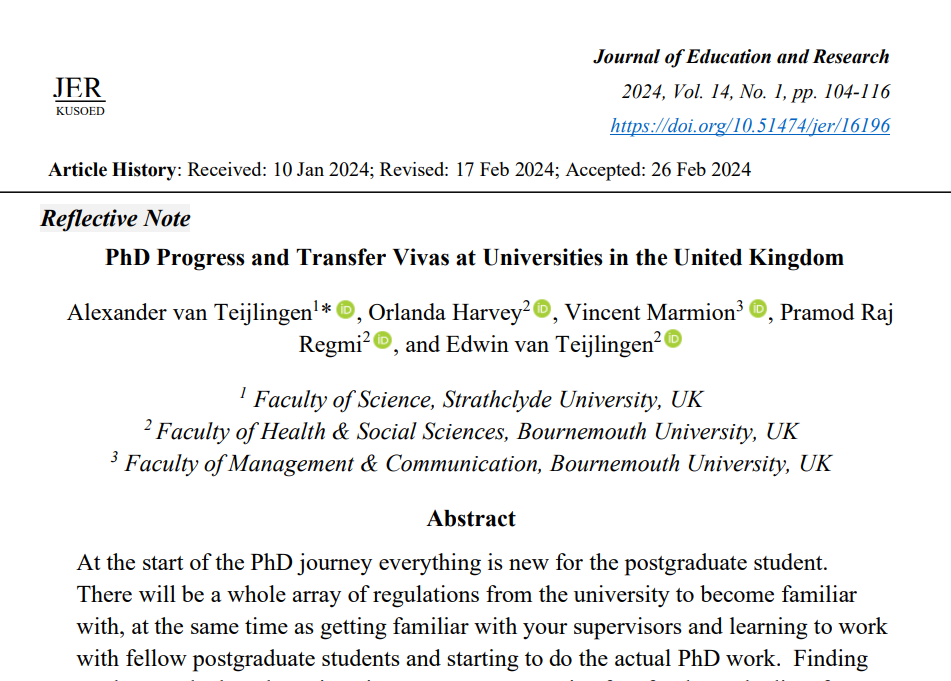 The problem for the authors is that both only appeared online this week. For example, today (27th March 2025) Nepal Journals Online (NepJoL) reports the publication of the latest issue of Education Quarterly, Volume 5 Issue 1, the one in which we published, as 24th March (see picture below). The reason this happens is because the journal editors experienced problems in the past year and did not manage to publish an issue in the calendar year, which makes the publication history look less professional. To avoid having a year missing the most recently published issue is given an official 2024 publication date.
The problem for the authors is that both only appeared online this week. For example, today (27th March 2025) Nepal Journals Online (NepJoL) reports the publication of the latest issue of Education Quarterly, Volume 5 Issue 1, the one in which we published, as 24th March (see picture below). The reason this happens is because the journal editors experienced problems in the past year and did not manage to publish an issue in the calendar year, which makes the publication history look less professional. To avoid having a year missing the most recently published issue is given an official 2024 publication date.
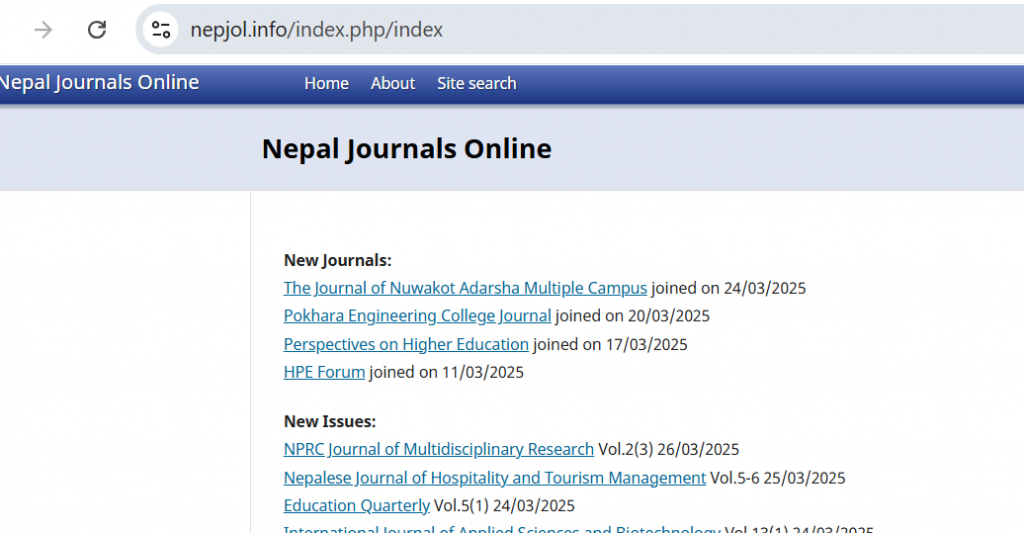
In a world full of problems the minor inconvenience of papers being backdated is twofold for academic authors. First, we can not really announce the publication of a a new Bournemouth University paper since the dated stamped on it is last year’s. Secondly, paper can’t be used for the REF as the acceptance date is also set in the past, for papers to be acceptable for inclusion in REF 2029 typically papers need to be made available on Open Access within three months after the acceptance date .
Prof. Edwin van Teijlingen
Centre for Midwifery & Women’s Health 
References:
- van Teijlingen, A., Marmion, V., Harvey, O., Regmi, P., van Teijlingen, E. (2024) PhD Progress and Transfer Vivas at Universities in the United Kingdom, Journal of Education and Research, 14(1): 104-116, https://doi.org/10.51474/jer/16196
- Pasa, R.B., Khanal, K.P., Khatri, B.B., Adhikari, D., Kharel, S., Sharma, M.K., van Teijlingen, E.R. (2024). Knowledge, Attitude and Practices of Masters Level Students on the COVID-19 Pandemic. Education Quarterly, 5(1): 53–72. https://doi.org/10.3126/jeqtu.v5i1.76745




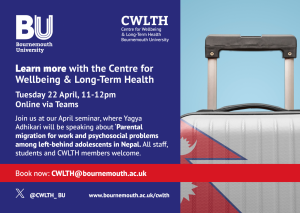
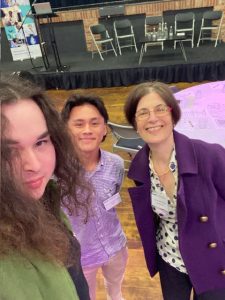
 Funding available for your social science event
Funding available for your social science event
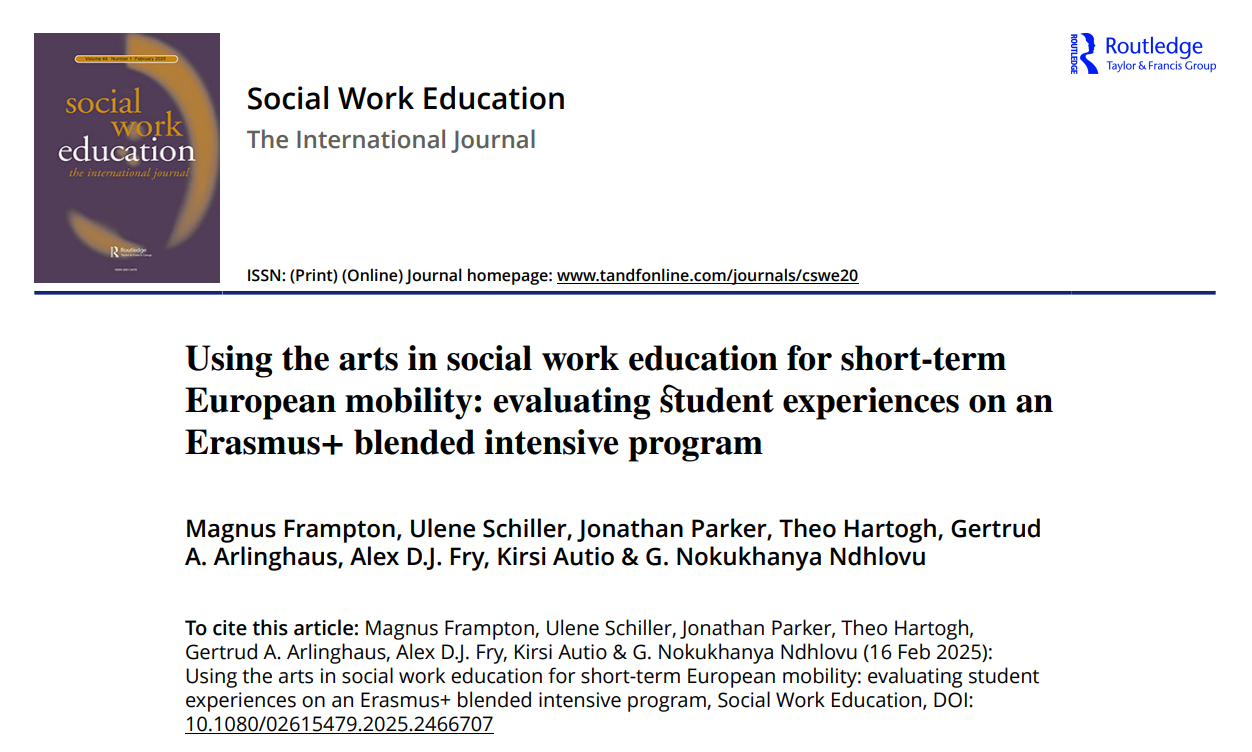
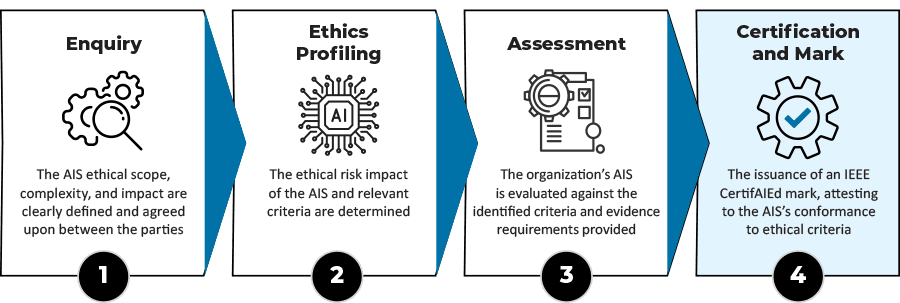
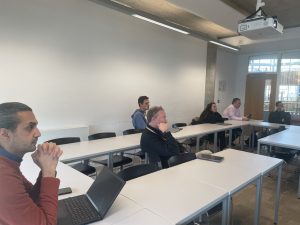
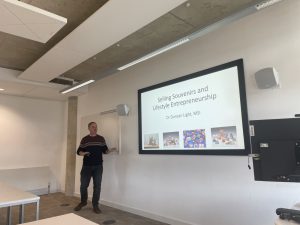
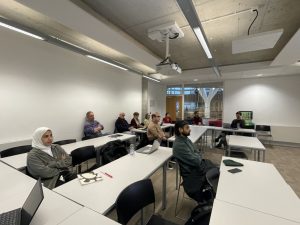
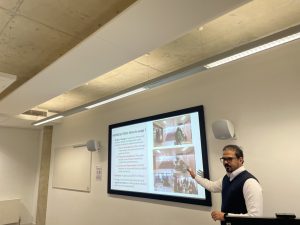
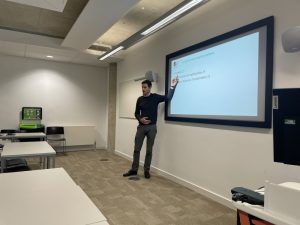
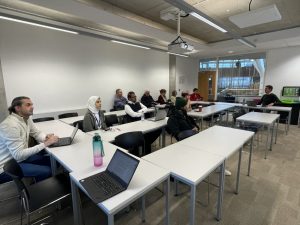
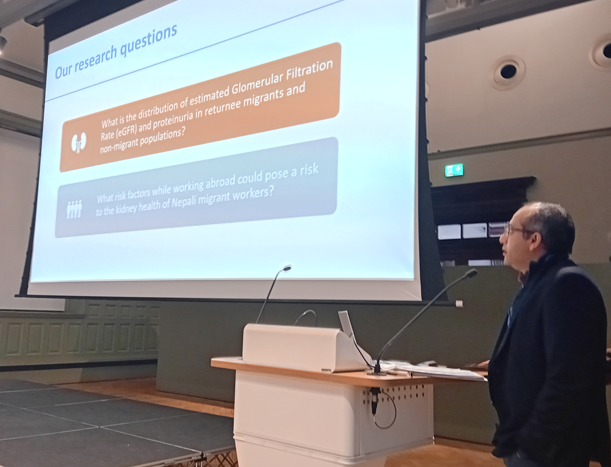
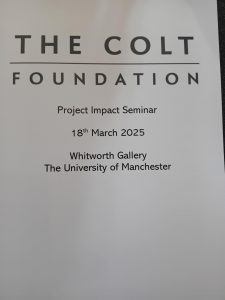
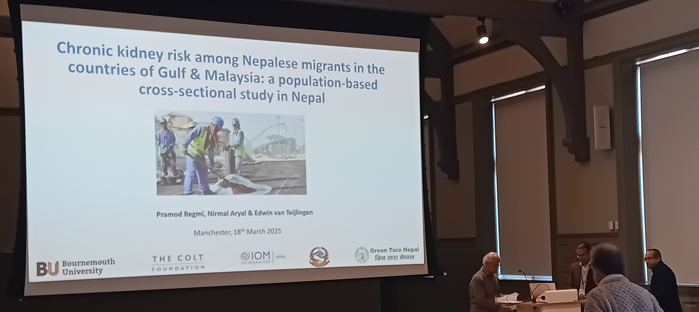

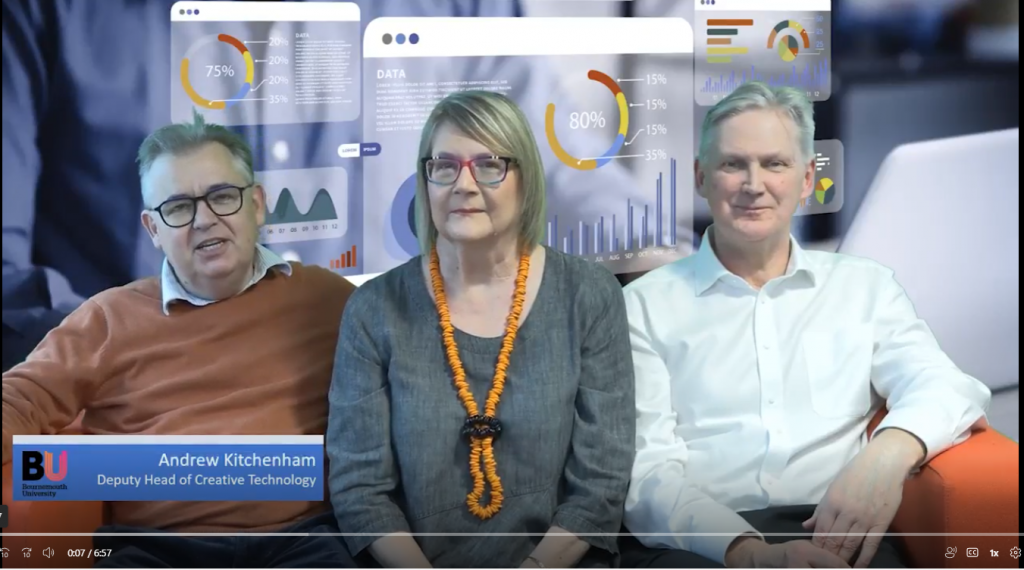
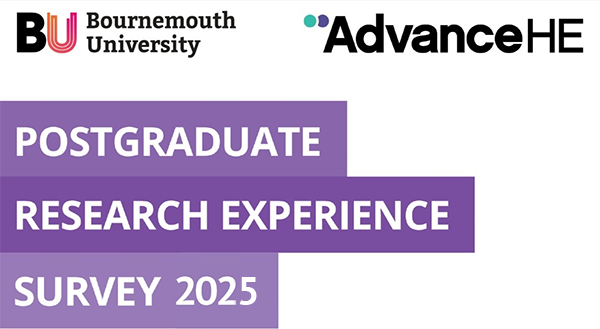
 Our new
Our new 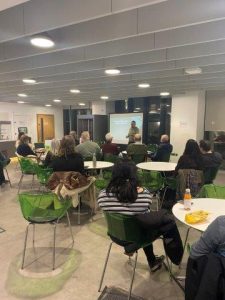
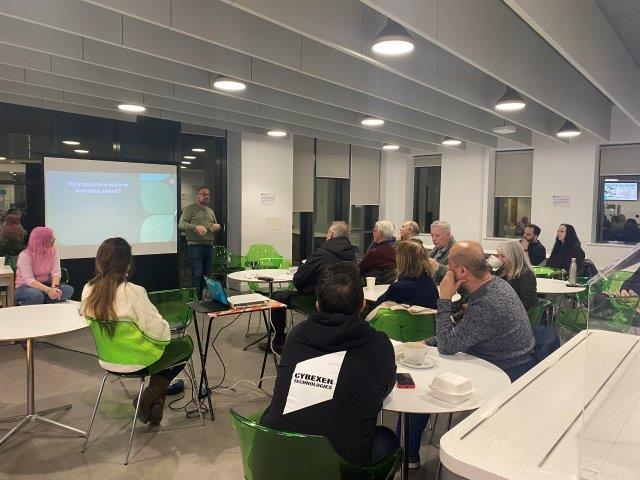
 Next up in our Research Café series
Next up in our Research Café series











 New CMWH paper on maternity care
New CMWH paper on maternity care From Sustainable Research to Sustainable Research Lives: Reflections from the SPROUT Network Event
From Sustainable Research to Sustainable Research Lives: Reflections from the SPROUT Network Event REF Code of Practice consultation is open!
REF Code of Practice consultation is open! ECR Funding Open Call: Research Culture & Community Grant – Apply now
ECR Funding Open Call: Research Culture & Community Grant – Apply now ECR Funding Open Call: Research Culture & Community Grant – Application Deadline Friday 12 December
ECR Funding Open Call: Research Culture & Community Grant – Application Deadline Friday 12 December MSCA Postdoctoral Fellowships 2025 Call
MSCA Postdoctoral Fellowships 2025 Call ERC Advanced Grant 2025 Webinar
ERC Advanced Grant 2025 Webinar Update on UKRO services
Update on UKRO services European research project exploring use of ‘virtual twins’ to better manage metabolic associated fatty liver disease
European research project exploring use of ‘virtual twins’ to better manage metabolic associated fatty liver disease